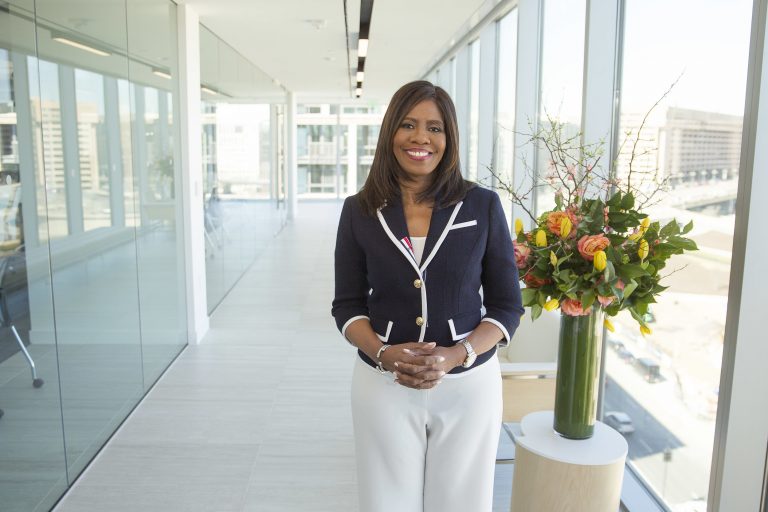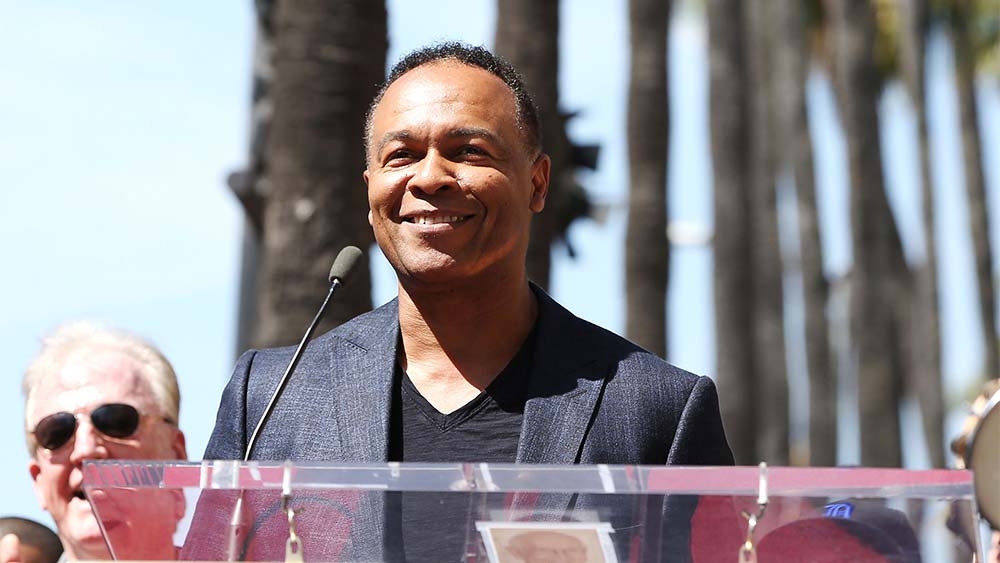
by Michael P. Coleman
“All I wanted to do was play music…and the rest just seemed to happen.”
If you want to talk with a true musical genius, who you gonna call? Ray Parker Jr.
Parker grew up in my hometown of Detroit. Having been born just a few years before Motown Records’ heyday, he might have missed out on the company’s glory days.
He didn’t. In fact, Parker was on the road with The Spinners by the time he was 13 years old. The next year, he was working with artists like Barry White, Gladys Knight & The Pips, The Temptations, and Smokey Robinson & The Miracles. By the time he was 18, he was a member of Stevie Wonder’s band. And all of this was years before he fronted the 70s R & B / pop band Raydio, whose first single, “Jack & Jill” topped the R & B and pop charts, setting the stage for a string of gold and platinum records. Eventually Parker went solo and scored several other hits, including “The Other Woman” and one of the biggest hits of the 80s, “Ghostbusters”.
I caught up with Parker as he took a break in recording his first new album in almost a decade. He talked about that album as well as his early career, his work with Raydio and signing with Clive Davis’ Arista records, and why “Ghostbusters” is his favorite song. He also told me why he resisted being promoted as a solo artist early on, about the state of music today, working with other legends like Wonder, Diana Ross, Deniece Williams and Chaka Khan, and why he passed on an opportunity to record songs for Whitney Houston’s debut album!
The following conversation has been edited.
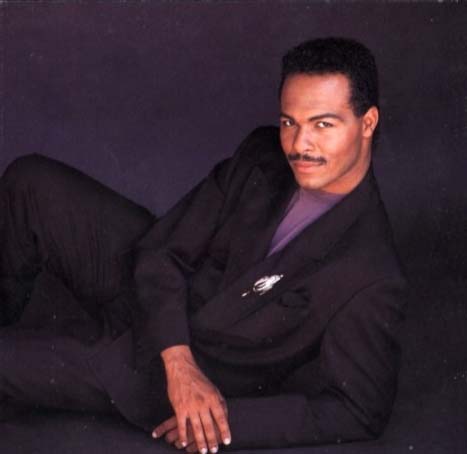
No, because I was also playing every jewish bar mitzvah and wedding I could get! I was young and trying to get it going any way I could, and just having fun.
During that early period in your career, I’m told it was a chance meeting that led you to co-write a song with Chaka Khan.
I was working with Andre Fischer, who was a member of Chaka’s band, Rufus. I had a song that I was trying to get Stevie or somebody big to record, and Andre said he’d cut it if I couldn’t get anyone else to cut it. So we went in and cut it, and it sounded good. Chaka wrote some lyrics for it, and it turned into “You Got The Love”. I remember the first time I heard it, I thought “Man, she can really, REALLY sing!” No one had really heard of her, but of course that changed quickly! She was really unbelievable.
According to Clive Davis’ memoir, he became aware of you as a session musician, called you in, and wanted to sign you as a recording artist for Arista. What do you recall of that period?
That was a wonderful period. It came right behind me not getting any writer’s credit for “You Make Me Feel Like Dancing”, recorded by Leo Sayer. It wasn’t Leo’s fault, it was the producer, Richard Perry’s fault. He was a good friend of mine who I’d worked for all of the time, but they gave me no credit on the song. I was really depressed about that for awhile. Clive liked another song “Jack & Jill”, that I had given to Richard Perry, and we took it back since I didn’t get credit on the other song. I ended up recording “Jack & Jill” for Arista.
CLICK HERE TO WATCH RAYDIO’S “JACK & JILL”.
Arista wanted to sign you as a solo artist right away, but according to Clive’s book, you weren’t interested in that. Why not?
I wouldn’t say I wasn’t interested in being a solo artist. Back in the 70s, an instrumentalist making an album would have wound up being promoted only as a jazz artist, shopped to the jazz radio stations, and you’d be done. There was really going to be no way to escape that because people knew me too well as a musician at that point. And sure enough when Arista’s first album cover rendering came back, it was a picture of me holding a big ol’ guitar. I knew right then and there that that was going to be the curse. So I had to switch it around and make it into something that could be Top 40.
Clive wrote about your list of demands. One was that you’d be your own producer. He talks about it having been unheard of for a new artist to be given the freedom to produce his own work. Where’d you get the confidence to tell Clive Davis that you wanted to produce your own music?
I just told him the truth, that I was ready to do it myself. We made a deal, and I agreed that if I’d screwed it all up, we were going to go his route and have a producer assigned to me. He was kind enough to give me a chance to do it my way.
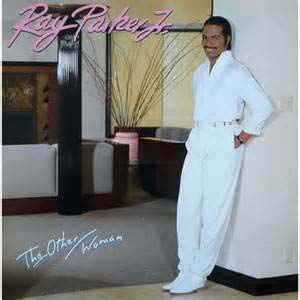
It comes naturally, and that’s in all of my songs. Clive used to call them “clever lyrics”, something that delivers a message with a little smile to it. Just like you, when I was a kid, “Me & Mrs. Jones” was out, and I couldn’t figure out why everyone liked it because it sounded like a big band song from the 40s. Then when I got older and listened to the lyrics, I got it.
Ray Parker Jr. & Raydio were the antithesis of Lionel Richie & The Commodores. Lionel wrote and sang what women wanted to hear. You sang what they NEEDED to hear, and in doing so you created a niche for yourself.
I just got really lucky with that. I was dealing with women at the time. It was a natural progression. My lyrics were some of the stuff they were telling me. I just put it into music.
CLICK HERE TO SEE RAY PARKER JR. & RAYDIO’S “TWO PLACES AT THE SAME TIME.”
In 1981 you decided finally to step out as a solo artist. With songs like “The Other Woman”, “Streetlove”, and “Bad Boy”, you went a little more rock. Prince and a few other artists followed you down that road, with Michael Jackson writing and recording “Beat It” the next year. Was that by design?
No, I was just cutting. When you hear what I’m cutting now, the first record that I’ve cut in years, this is gonna sound like that old “Jack & Jill” kind of vibe. There’s a little of that rock edge, but there’s a lot of classic Raydio in this new music. I’m almost done too, and it’s turning out really good. It’s Ray Parker stories, good songs, none of this modern stuff. No rap. No funny synthesizers. It’s going to sound like something recorded back then. The kids are listening to “Uptown Funk” and stuff like that now, so they’re going to get to hear where all of that came from. I’m going to hit it, and it’s hitting hard. It’s about halfway done. I’ve got to get it done before the end of the year for sure.
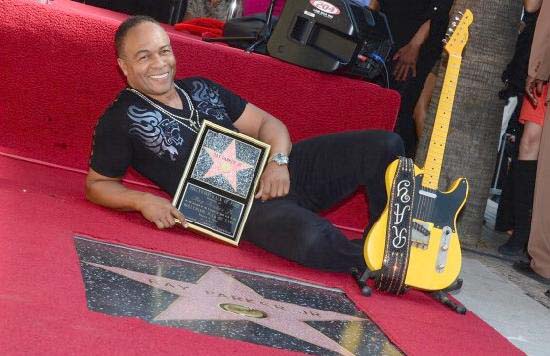
Absolutely! I’m still in touch with him, and he’s the first person I’m going to play it for when it’s done. He can take it or not take it, but it’s going to get shoved down his throat anyway!
I’m sure you can’t get through an interview without someone asking you about “Ghostbusters”.
I sure can’t! And that’s OK, because that’s my favorite song! I love that song! That song just changed the world for me. Compared to anything else I ever did, it was just HUGE. Off the chain.
CLICK HERE TO WATCH RAY PARKER, JR. PERFORM “GHOSTBUSTERS” LIVE ON THE 1984 OSCARS!
Even after your career took off, your dad was unconvinced that you’d be able to support yourself as a singer. When did it occur to him that you might be OK?
He didn’t think people made money in the music business, and he wanted me to be able to support myself. Just ten years before I hit, in the early days, you made ten dollars a night. People just didn’t make money [in the music business]. After I bought my folks a house and paid off all of their bills, my dad said “Ok, this might work!”
I always wondered why you never worked with Whitney Houston, since you were both signed to Arista. Clive was usually right on the mark with pairing up artists with producers, and I think you’d have done some amazing work with Whitney.
It’s my fault that that never happened. Clive took me to see Whitney two or three times as they were working on her debut album and begged me to cut a few songs with her. He asked me to work with her as a favor to him, but I was just lazy and not interested. I should have done it!
Clive wrote that he was disappointed in you for leaving Arista. He obviously had a lot of admiration for you. According to Clive, you didn’t give Arista a chance to counter offer. Is that true?
No. In my opinion, the whole thing was a brilliant accident. I really wanted to stay with Arista. It was one of those things where Arista wanted to renegotiate but it was taking too long, and other people started throwing numbers at me. Things got confused. Even after I signed somewhere else, I still came back to Clive. “Ghostbusters” could have been on the other label, but I still gave it back to Clive even though I was in between labels. Clive is my favorite guy in the music business. I just think it was a big misunderstanding. It worked out for me, because I got a lot of money from Geffen, and at the time I wanted to go home to Detroit and take care of my parents. So a transition that allowed me the resources to take care of my parents couldn’t have happened at a better time.
Back in 1983, you produced two relatively unknown, great sides with Diana Ross, “Love Or Loneliness” and “Up Front”. How’d you come to work with Ross, and what was working with her like?
She called me up and asked me to do it. I used to play on all of her records in Detroit. We had a lot of history. She asked me to write her a song, and I thought those songs were the right messages for her at the time. For some reason, RCA really didn’t push that album for her, even though it had me and Gary Katz from Steely Dan on it. As for working with Diana, she’s always been nice to me. I never had a bad day with her. She’s always kind to me, very friendly.
You produced Deniece Williams’ “I Found Love.” How was working with her?
Deniece and I were in the same band with Stevie Wonder, so we had lots of history. So her asking me to do that was a natural. It was all in a day’s work in that band.
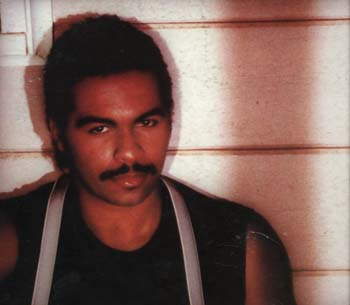
I don’t know what leads me to go in any direction, so that’s a difficult question to answer. I just go in the studio and start recording, and whatever comes out, comes out. Whatever’s going on at the time in my life or in someone else’s life winds up coming out in the studio. Sometimes it’s as simple as me getting a new synthesizer or guitar and me wanting to play it a different way.
Barry White. Stevie Wonder. Diana Ross. “Ghostbusters”. When did it hit you that you’d “made it” as a former little boy from Detroit?
[Laughs] I know exactly when it hit me: when I got my star on Hollywood Boulevard. That to me was a big deal, just last year. March 6, 2014. I’ll never forget it. I was 15 years old when I came to California, and I walked Hollywood Boulevard back then and read every star. Getting a star there seemed like the biggest award you could possibly get. There are many of them out there, and I’m not putting down Grammys, Oscars or any of those, but they give a lot of those away every year. Not too many people get a star on Hollywood Boulevard. That was a huge one for me.
Are there artists today that you’d like to collaborate with?
I’ve always wanted to meet Paul McCartney. I’ve never met him. I think he’s one of the greatest songwriters of all time, and for some reason he’s escaped me! I keep missing him! Bruno Mars is also wonderful. I like him.
What do you think about music today?
I think it’s better now than it was ten years ago! At least people are singing again and writing songs. Even the rappers have respect now for tuning up and playing songs in tune. There was a period in the late 90s or early 2000s when people were singing out of tune, out of time, and out of key. I was wondering where the music went. It all sounded all jumbled together. I had to turn it off. There was a period of time when I just didn’t play the radio in my car. And not only that but the messages were bad, too. Songs about shooting the police and stuff. WAY too crazy stuff.
How’s it feel for you to have so many people know your music?
It feels wonderful. I’m really pleasantly surprised. Once again, as a kid growing up doing it, all I wanted to do was play music. It wasn’t about money or fame or anything else. I just wanted to make as much music as I could and make it as best as I could, and the rest just seemed to happen.
Look to rayparkerjr.com for information over the coming months on Parker’s new album.
Michael P. Coleman is a Sacramento-based freelance writer, and he believes a writer needs love just like you do. Connect with him at michaelpcoleman.com or on Twitter: @ColemanMichaelP.
